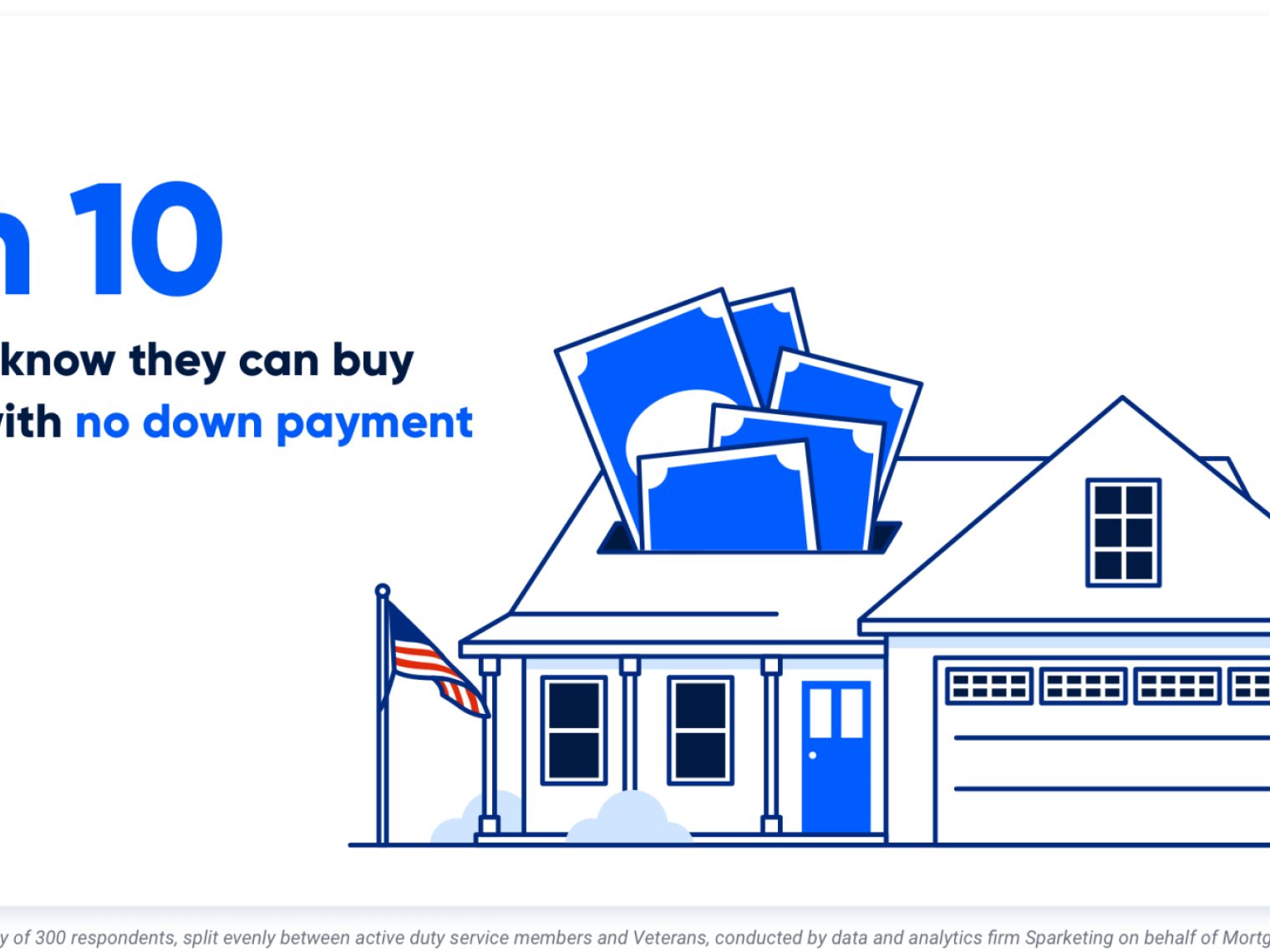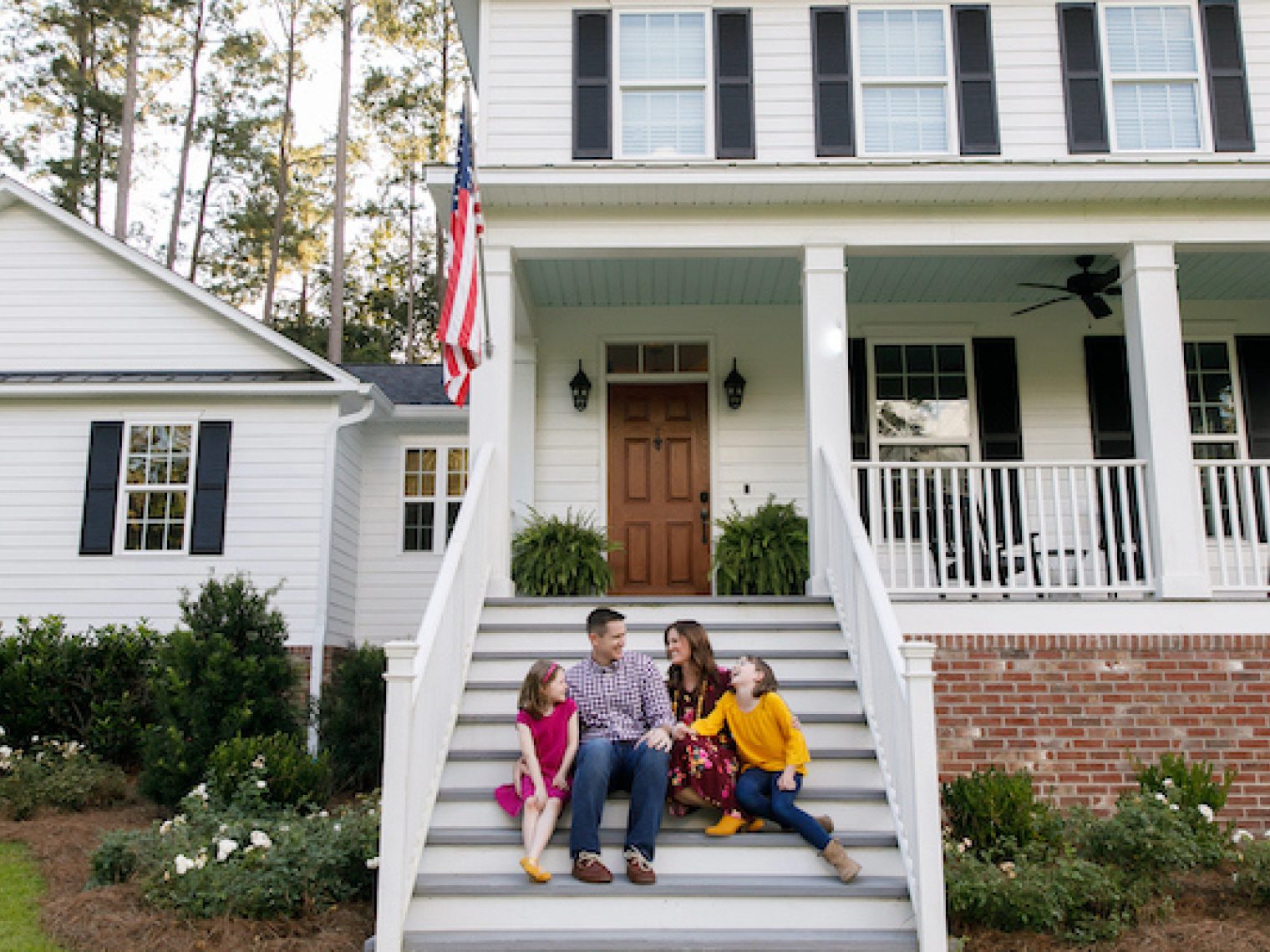There's a common misconception that VA buyers can only purchase newer homes with their VA home loan benefits. The truth is that you can use a VA loan to buy older homes; you’ll just need to ensure the home meets VA requirements.
How Old Can a House Be for a VA Loan?
There is no age minimum for properties purchased with a VA home loan. What’s important is that the property meets Minimum Property Requirements, and the appraiser determines the “remaining economic life” of the home greater than the length terms.
How Appraisers Determine Remaining Economic Life of a Home
The "remaining economic life" of a property refers to the estimated number of years that a property is expected to continue generating income or providing utility before it is no longer economically viable. The remaining economic life must be greater than the life of the loan.
During the VA loan appraisal process, an appraiser will use the following tools to determine the "remaining economic life" of a home:
| Tool | Explanation |
|---|---|
| Physical Inspection | Assesses the property's condition and any maintenance needs |
| Comparable Sales Analysis | Compares the property to recently sold similar properties |
| Depreciation Analysis | Evaluates physical, functional and external obsolescence |
| Market Research | Considers local market conditions and economic factors |
| Economic Life Estimation | Estimates how long the property will be economically viable |
| Replacement and Reproduction Cost Determination | Assesses the cost to replace or reproduce the property |
On top of having a sufficient remaining economic life, older properties must meet Minimum Property Requirements to be approved for a VA loan.
VA Minimum Property Requirements for Older Homes
The Department of Veterans Affairs (VA) established Minimum Property Requirements (MPRs) for homes that can be financed with a VA loan. These requirements are in place to ensure that the properties purchased with VA loans are safe, sound and structurally secure for Veterans and their families.
VA appraisers look at MPRs while conducting the appraisal. If the home doesn't meet MPRs and local codes, these issues must be remedied or repaired to close successfully.
Here are some MPRs that may come into play if you are considering buying an older home:
Functioning Mechanical Systems
Mechanical systems must be safe to operate, protected from the elements, and have adequate capacity and quality to operate properly for the home. These systems must also have reasonable life remaining because they can be expensive to replace. If a VA homebuyer purchases a home and then has to turn around and replace a major mechanical system, it could cause them significant financial hardship, something the MPRs are designed to prevent.
Adequate Heating
The MPRs require all homes to have heating systems for comfortable living conditions. If the property's primary heat source is a wood-burning stove, a backup heating source must maintain a temperature of 50 degrees Fahrenheit in areas of the home with plumbing. This condition is designed to prevent bursting pipes; however, if you live in a portion of the country that is warm year-round, you may be able to get the heating requirement waived.
Roofing
The roof must be in good repair to prevent moisture from entering the home. It must also be determined to have a reasonable life remaining to prevent financial hardship for the buyer.
Basements and Crawl Spaces
Both types of spaces need to be dry. Appraisers will note pooling water and excessive dampness. These issues must be fixed before closing. Crawl spaces must be accessible and provide enough room for maintenance and repairs.
Lead-Based Paint
Lead-based paint is assumed to be present if the home was built before 1978. Defects such as chipping, peeling, or cracking paint on the home's interior and exterior, must be corrected. Areas identified by the appraiser will need to be cleaned to remove the damaged paint and repainted or covered with permitted materials such as plywood or plaster.
Pests
The property must be treated before closing on the home if any active wood-destroying infestations, dry rot or fungus are identified. Learn more about VA termite and wood-destroying insect requirements.
Water and Sanitation
Every home must have access to hot water, and the water supply must be safe for drinking.
Every home must have sanitary facilities and safe sewage disposal.
A Home Inspection Can Be Used to Your Advantage
Home inspections are not required on VA home loans but are invaluable, especially with older homes. A home inspection will also allow you to scrutinize the property and possible repairs to determine if this is a purchase you still want to pursue. The inspection might come back with numerous costly issues that either the seller refuses to pay or that would push the closing timeline further out than you would like.
Weigh the pros and cons with your real estate agent before moving forward with the appraisal. If you need to walk away, you can save on the additional expense of an assessment.
Fixer-upper or distressed homes aren't likely to meet Minimum Property Requirements without considerable work. However, well-maintained older properties can be an excellent fit for VA buyers.
Answer a few questions below to speak with a specialist about what your military service has earned you.
Related Posts
-
 VA Loan Down Payment RequirementsVA loans have no down payment requirements as long as the Veteran has full entitlement, but only 3-in-10 Veterans know they can buy a home loan with zero down payment. Here’s what Veterans need to know about VA loan down payment requirements.
VA Loan Down Payment RequirementsVA loans have no down payment requirements as long as the Veteran has full entitlement, but only 3-in-10 Veterans know they can buy a home loan with zero down payment. Here’s what Veterans need to know about VA loan down payment requirements. -
 5 Most Common VA Loan Myths BustedVA loan myths confuse and deter many VA loan borrowers. Here we debunk 5 of the most common VA loan myths so that you can borrow with confidence.
5 Most Common VA Loan Myths BustedVA loan myths confuse and deter many VA loan borrowers. Here we debunk 5 of the most common VA loan myths so that you can borrow with confidence.


